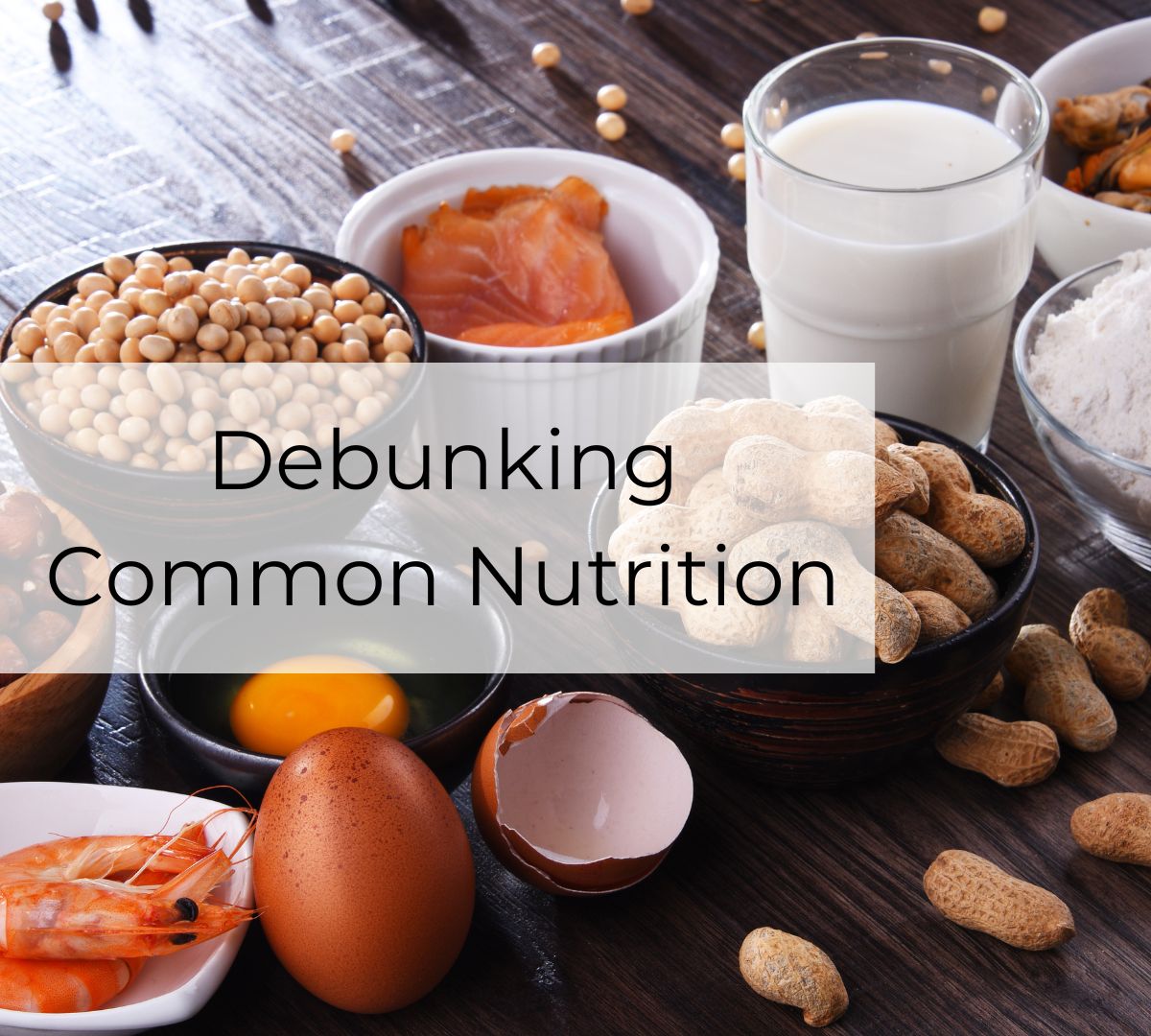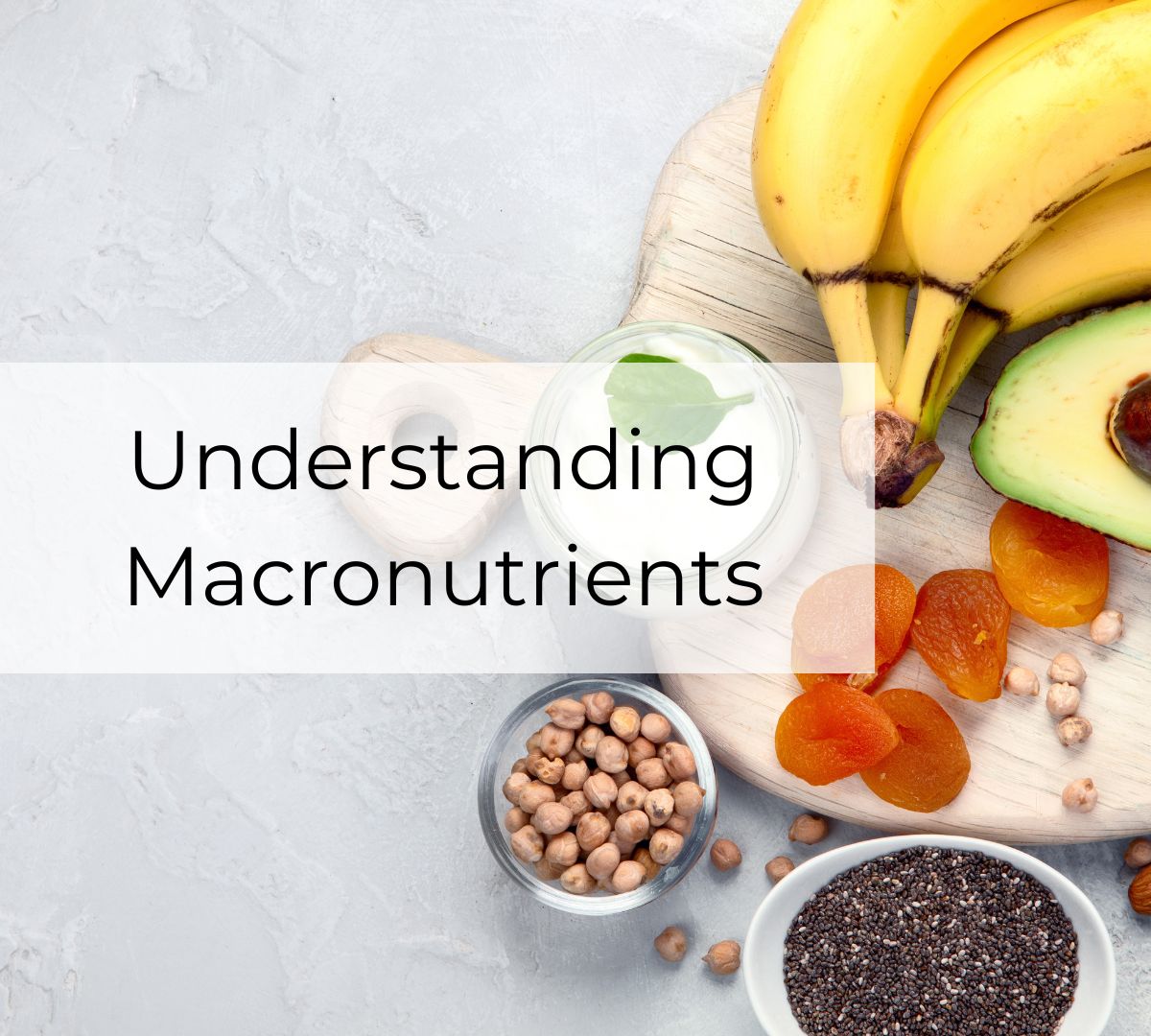Navigating the world of healthy eating can feel like wading through a sea of misinformation. From conflicting headlines to fad diets, it’s no wonder many people are unsure about what truly constitutes a healthy diet. The confusion is often made worse by misleading food labels and social media influencers who, despite lacking any real nutrition expertise, promote specific diets and eating habits. It’s time to debunk some of the most persistent nutrition myths and set the record straight.
Myth: All Fat is Bad
For years, fat was vilified, particularly during the low-fat diet craze of the 1990s. A lot of people still find it difficult to comprehend the function fat serves in a balanced diet. As it happens, not all fats are made equal.
According to Teresa Fung, a nutritional epidemiologist and professor of nutrition at Simmons University, animal fats—especially those that are highly saturated—are linked to cardiovascular disease. However, healthier fats, like the monounsaturated and polyunsaturated fats found in fish, avocados, olives, nuts, seeds, and olive oil, can actually reduce the risk of cardiovascular disease and improve overall health.
While fats are high in calories, they can help keep you full for longer periods, which means you’re less likely to reach for unhealthy snacks between meals. So, rather than eliminating fat, focus on incorporating healthy fats into your diet.
Myth: Cutting Out the Salt Shaker is the Best Way to Reduce Sodium
If you’re concerned about your sodium intake, especially if you have high blood pressure, simply avoiding the salt shaker might not be enough. The majority of the sodium in our diets comes from processed and prepared foods, not the salt we sprinkle on our meals.
Common culprits include breads, salad dressings, pasta sauces, canned beans, and processed snacks. Even seemingly healthy options like boneless, skinless chicken breasts can be injected with a brine solution that significantly increases their sodium content. Restaurant meals can also be packed with sodium, often exceeding the recommended daily limit in just one dish.
To reduce sodium intake, cooking at home is one of the most effective strategies. Compare food labels and choose low-sodium versions whenever possible.
Myth: Foods Labeled “Whole Grain” or “Multigrain” are Always Healthy
Whole grains are an essential part of a healthy diet, but food labels can sometimes be misleading. Terms like “made with whole grains” or “multigrain” may sound healthy, but they often indicate that a product contains only a small amount of whole grains, with the rest made up of refined grains.
Look for labels that state “whole wheat” or “100% whole grain” to be sure you’re receiving the health advantages of whole grains. Check the ingredient list as well; if a whole grain isn’t there, as the first ingredient, the product may not be as healthy as it seems.
Myth: Even in fruit, sugar and carbs are bad for you.
With the rise of sugar-free and low-carb diets like keto and paleo, it’s easy to assume that all sugar and carbs are bad for your health. However, there’s a significant difference between the natural sugars found in fruits and vegetables and the added sugars and refined carbohydrates in processed foods.
Dr. Dariush Mozaffarian, a cardiologist and director of the Food is Medicine Institute at Tufts University, emphasizes the importance of cutting out added sugars and refined carbs for weight management and overall health. But that doesn’t mean you should avoid fruits and vegetables. These foods are packed with essential vitamins, minerals, fiber, and antioxidants, and research shows that eating more of them is linked to a longer life and a reduced risk of various diseases.
Myth: Fresh Produce is Healthier than Frozen
While fresh produce is often praised as the healthiest option, frozen fruits and vegetables can be just as nutritious—if not more so. Frozen produce is typically picked at peak ripeness and immediately frozen, preserving its nutrients. In fact, studies show that frozen foods can contain as many, or even more, vitamins and antioxidants than their fresh counterparts.
Over time, fresh produce loses some of its nutritional value as it sits on store shelves or in your refrigerator. So, if fresh isn’t available, don’t hesitate to reach for frozen options—they can be just as beneficial for your health.
Myth: Canola Oil is Toxic
You may have come across claims on social media that canola oil, sunflower oil, and other seed oils are toxic. Nevertheless, these assertions are unsupported by any scientific data.
In fact, Dr. Mozaffarian points out that canola oil is low in saturated fat and high in heart-healthy monounsaturated fats, omega-3s, and phytosterols, which can reduce cholesterol absorption in the body. Research published in the journal Nutrition, Metabolism & Cardiovascular Diseases found that canola oil lowered cholesterol and improved cardiovascular risk factors. Other seed oils like soybean and sunflower oil are also healthy options, and olive oil remains a top choice for heart health.
Myth: Gluten-Free Foods are Healthier
For people with celiac disease or gluten sensitivity, eliminating gluten is essential. However, for the rest of us, gluten-free foods aren’t necessarily healthier.
Dr. Mozaffarian explains that no single characteristic, such as being gluten-free, can define a healthy food. A product can be natural, organic, and gluten-free, yet still be unhealthy if it’s loaded with sugar or lacks essential nutrients. Instead of focusing on individual labels, aim for a balanced diet that includes a variety of nutrient-dense foods.
Myth: Eating Six Small Meals a Day is Better than Three Large Ones
The idea that eating small, frequent meals boosts metabolism and helps with weight loss has become popular, but research suggests otherwise. Studies show that dividing the same number of calories into six meals instead of three doesn’t increase daily calorie burn or lead to more weight loss.
Moreover, eating smaller meals more frequently can leave you feeling hungrier, leading to overeating or choosing unhealthy snacks. Instead, focus on eating three balanced meals each day, with an emphasis on whole, nutrient-rich foods.
Myth: Detoxes and Cleanses are Necessary for Health
Detox diets and juice cleanses are often promoted as a way to eliminate toxins and jumpstart weight loss. However, the science doesn’t support these claims. A 2014 review found no evidence that detox diets help remove toxins from the body or promote long-term weight loss.
In fact, cleanses can be harmful, causing gastrointestinal issues, vitamin deficiencies, dehydration, and electrolyte imbalances. Instead of relying on detoxes, focus on maintaining a healthy, balanced diet that supports your body’s natural detoxification processes.
Myth: The only thing that matters is “calories in, calories out.”
While it’s true that burning more calories than you consume can lead to weight loss, the quality of your calories also matters. Different foods can have varying effects on your hormones, metabolism, and gut health, even if they have the same number of calories.
For example, a handful of nuts will take longer to digest and provide more sustained energy than a bag of processed chips. Prioritizing nutrient-dense, whole foods over processed options is crucial for overall health and long-term weight management.
By debunking these common nutrition myths, you can make more informed choices about your diet and health. Focus on a balanced approach to eating that includes a variety of whole, nutrient-dense foods. With reliable information in hand, you’ll be better equipped to navigate the world of healthy eating and make decisions that support your well-being.



